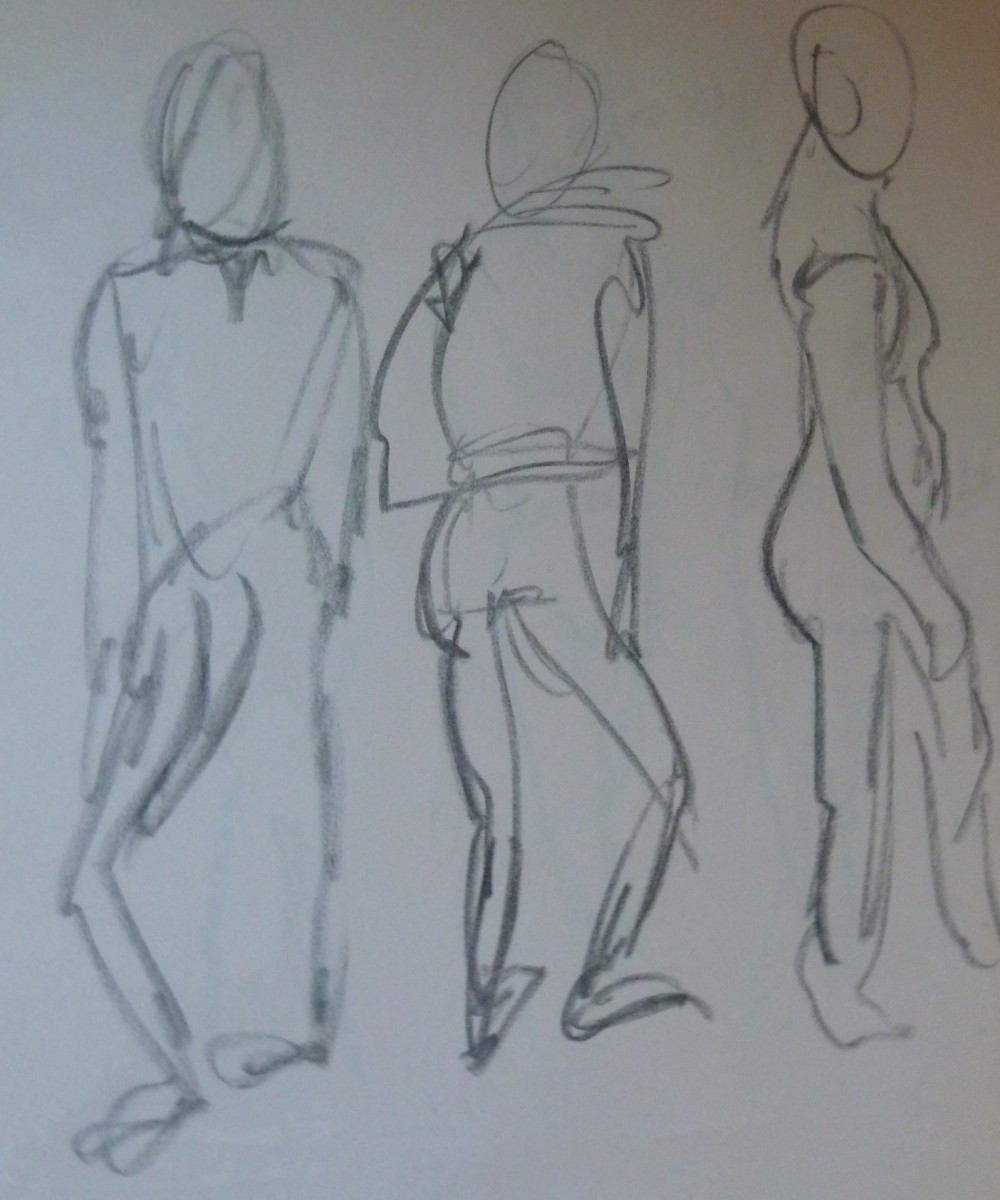A Good Sleep May Improve Your Learning
Sleep is a gift given by God to man and it has been proved beyond doubt that sleep strengthens connections between the communicating nerve cells. This communication between the nerve cells is the basis of learning and also of memory.
A group of people were studied to prove this. They were taught a new skill or were shown images and they were supposed to remember them later. The experiment included following a moving dot on the computer screen using a joy stick. A few participants were allowed to have a good night's sleep of 8 hours and others were allowed only a short nap.
While they were requested to perform the tasks they learned or recollect the images they viewed, a technique called functional magnetic resonance imaging was used. Persons who had a nice and delicious slumber could perform much better than the other group and this was recorded in the above technique.
This proves that a good sleep after having a new experience or new learning will help consolidate and enhance the effects of learning from the experience. This may be due to changes in the brain activity in specific regions of the brain that code the relevant features of the new learning or the new experience. Weak memories that may fade over a period of time are transformed into more permanent ones.
But the mystery of how much sleep is needed to have the optimum effect of this phenomenon continues to remain. Sleep patterns of people differ from one individual to another and some persons use medicines and drugs that may affect their sleep. Further, how this phenomenon can affect the brain development in children should also be studied.
For studying this phenomenon further, we should find out which brain circuits affect the learning effects during sleep and once this is found out, experiments to enhance the effect can be conducted. This may involve studies related to sleep disorders that lead to emotional and cognitive functioning and what are the biological factors that lead to these effects.
Read these hubs also.








